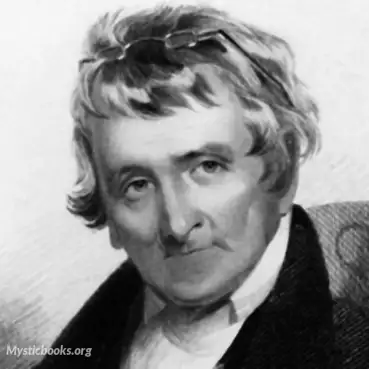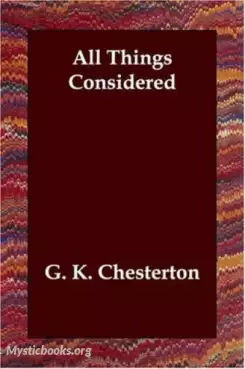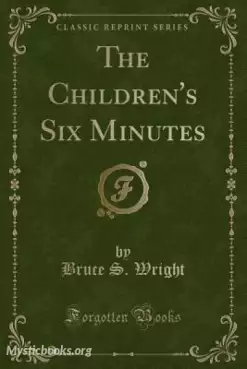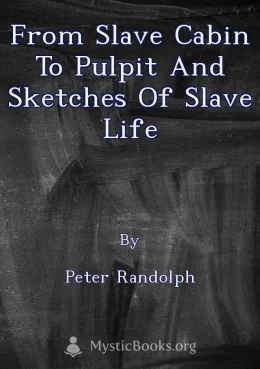
History of the Israelitish Nation
'History of the Israelitish Nation' Summary
Archibald Alexander's "History of the Israelitish Nation" offers a chronological exploration of the Israelites' history, drawing primarily from the Old Testament. The book begins with the patriarchs, Abraham, Isaac, and Jacob, and their descendants, highlighting the promises God made to them and the formation of the twelve tribes. Alexander then details the dramatic story of the Israelites' enslavement in Egypt, their liberation under Moses, and their journey through the wilderness. He recounts the establishment of the Kingdom of Israel under Saul, David, and Solomon, emphasizing their political and religious achievements. Alexander further explores the divisions within the nation, the reigns of various kings, and the prophecies that foreshadowed the eventual downfall of the kingdoms. He examines the impact of Assyria and Babylon on the Israelites, culminating in the destruction of Jerusalem and the exile of the people. Throughout his account, Alexander emphasizes the religious and moral themes woven throughout Israelite history, underscoring the importance of God's covenant with his chosen people and the consequences of their obedience or disobedience. The book concludes with a reflection on the lessons learned from the history of the Israelites and their significance for understanding the history of the world and the continuing relevance of the biblical narrative.Book Details
Language
EnglishOriginal Language
Published In
Genre/Category
Tags/Keywords
Authors

Archibald Alexander
United States
Archibald Alexander was an American Presbyterian theologian and professor at the Princeton Theological Seminary. He served for 9 years as the President of Hampden–Sydney College in Virginia and...
Books by Archibald AlexanderDownload eBooks
Listen/Download Audiobook
Unfortunately, no Audiobooks/Narrations exist for this book, yet...
Related books

All Things Considered by Gilbert K. Chesterton
Another delightful and sharply pointed excursion into the topics of the day, and of this day as well, with Gilbert Keith Chesterton. These reprinted m...

The Jefferson Bible - The Life and Morals of Jesus of Nazareth by Thomas Jefferson
Thomas Jefferson, the third president of the United States, created his own Bible by extracting the moral teachings of Jesus from the four canonical g...

One Hundred and One Hymn Stories by Carl F. Price
This book delves into the fascinating stories behind well-known and lesser-known hymns. It explores the lives and motivations of the hymn writers, rev...

The Children's Six Minutes by Bruce Wright
This is a nice collection of 52 kid-aimed sermons by missionary Wright while he served in the Philippines in the World War I era. Each offers a slice-...

Cambridge Modern History, Volume 01, The Renaissance by Various
The first volume of *The Cambridge Modern History* focuses on the Renaissance, a pivotal period in European history characterized by a renewed interes...

From Slave Cabin To Pulpit and Sketches Of Slave Life by Peter Randolph
This book, published in 1893, is the autobiography of Peter Randolph, who was born into slavery in 1825 and later became a Baptist clergyman. The book...

Bible (YLT) 25: Lamentations by Young's Literal Translation
Young's Literal Translation is a translation of the Bible into English, published in 1862. The translation was made by Robert Young, compiler of Young...

American Notes by Charles Dickens
In 'American Notes', Charles Dickens shares his candid observations and experiences from his 1842 journey through the United States. Covering a range...

History of the English Bible by John Brown
This book provides a comprehensive history of the English Bible, tracing its development from the earliest translations to the Revised Version of 1881...

Bible (Reina Valera) 27: Daniel by Reina-Valera
El libro de Daniel, escrito por el profeta Daniel, narra la historia de este personaje durante el exilio babilónico y sus experiencias con el poder de...
Reviews for History of the Israelitish Nation
No reviews posted or approved, yet...